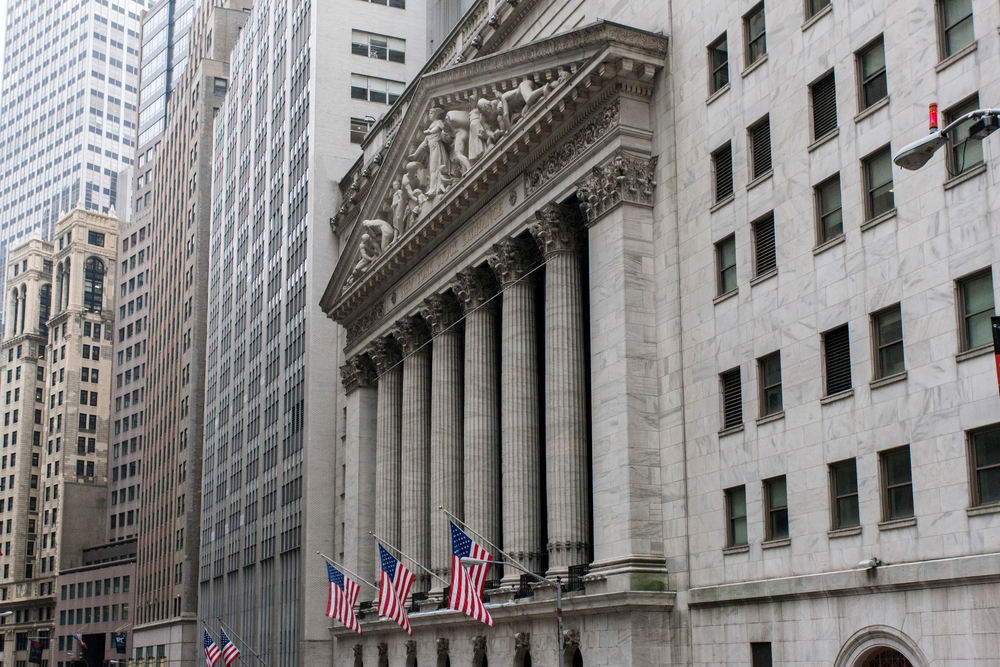
Investing in America's largest stocks has been an unbeatable strategy over the past decade, with the S&P 500—the index of America’s 500 largest publicly traded companies—up more than 200%.
But the tide may be turning on ETFs tracking the S&P 500, like SPY, as large-cap stocks don’t carry the same weight they once did, warn analysts.
Over the past decade, the lion's share of the S&P 500’s gains has been driven by the so-called “Enormous Eight."
These include Nvidia (NVDA), Tesla (TSLA), Netflix (NFLX), Amazon (AMZN), Microsoft (MSFT), Apple (AAPL), Meta Platforms (META), and Alphabet (GOOG).
“We’ve seen [S&P 500 growth] stocks outperform everything else by a wide margin, with an annualized return of 16.5%,” wrote Charli Bilello, a market strategist at Creative Planning.
The Enormous Eight's 10-year returns range from 499% for Alphabet to a jaw-dropping 32,282% for Nvidia. However, according to Vanguard, the world’s largest asset manager, it’s hard to believe this growth will continue.
Fidelity forecasts that large-cap growth stocks will deliver just a 1.1% annual return over the long run—significantly below other categories. This anticipated slowdown is driven by overvaluation concerns and shifting investor expectations.
As Bilello points out, investors today are paying 25.8 times peak S&P 500 earnings, the highest multiple since the Dot-Com Bubble. Ten years ago, they were paying 17.2 times.
Much of the Enormous Eight’s recent surge has hinged on hopes that AI will drive earnings up 25% by year’s end. So far, though, AI has proven to be “a zero-sum game, with Nvidia capturing the bulk of profits from the AI infrastructure build-out,” Bilello observed.
In other words, those sky-high expectations may be far from reality.
It’s not just the large caps
While the Enormous Eight may experience the sharpest drop in expected returns, a broader market analysis from JPMorgan signals that the entire market could be headed for a slowdown.
JPMorgan forecasts that annual returns for the S&P 500 Index may dip to 5.7% over the next decade, about half the historical average since World War II.
Similar to Vanguard’s outlook, JPMorgan analysts predict a mean reversion in valuations as large-cap companies enter a slower growth phase.
They also highlight demographic trends and declining equity allocations, as baby boomers exit the market.
“Multiples could fall as the aging baby boomer cohort reduces its equity holdings—currently at record highs—due to shrinking investment horizons,” wrote JPMorgan strategists Jan Loeys and Alexander Wise.
Goldman Sachs echoed this view in October, warning that S&P 500 returns might slow to just 3% annually over the next 10 years.
Current high valuations “reflect optimism but can also signal caution,” said RIA Advisors’ Lance Roberts in an interview with Business Insider. “If the market is pricing in perfection, any disappointment could trigger significant corrections.”
Your email address will not be published. Required fields are markedmarked